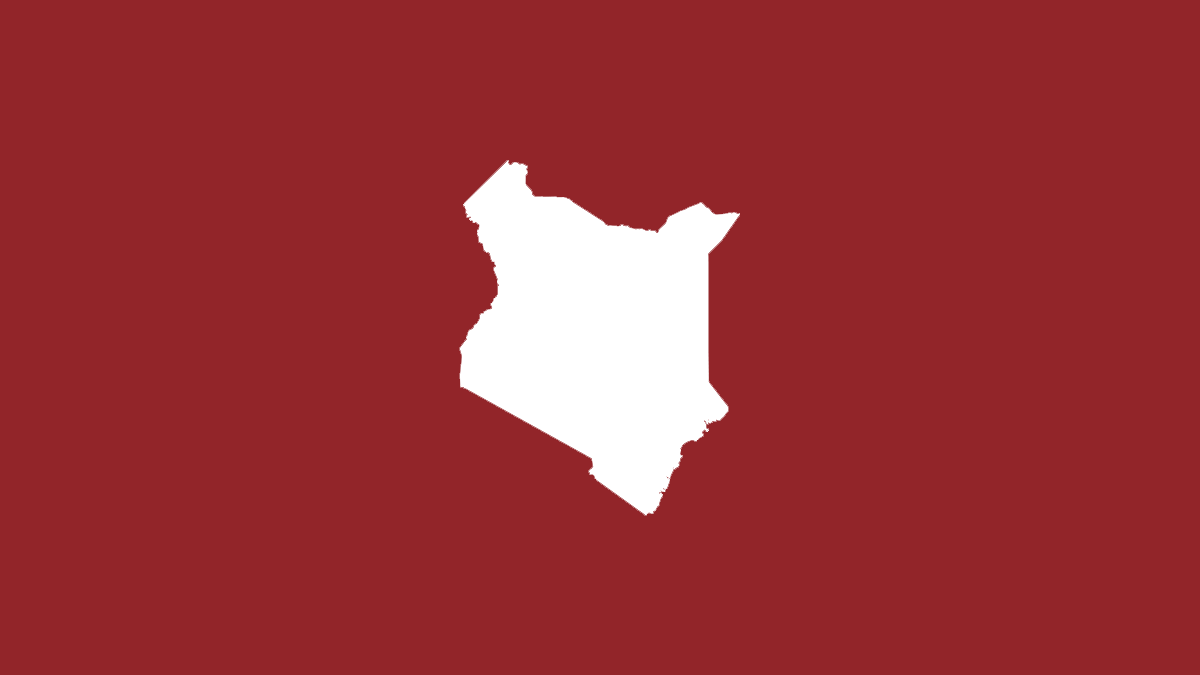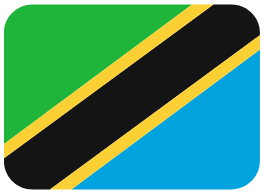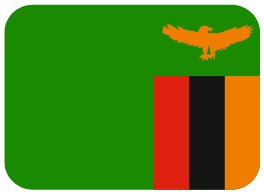This edition of The Web Untangled, a series from The Web Foundation dedicated to unpacking issues core to digital access and rights, explores the rise of internet taxes and their impact.
Taxes, it’s been said, are the ‘price we pay for a civilised society’. True enough. But while some taxes exist simply to raise revenue, others are also designed to shape behaviour. With this in mind, Eleanor Sarpong, Deputy Director at the Alliance for Affordable Internet (A4AI), has written about the recent rise of digital taxes across Africa.
What effects are these taxes having? Well, after a daily levy was introduced on social media services in Uganda, internet subscriptions fell by 2.5 million — as predicted by A4AI shortly after the tax was passed into law. A4AI research shows that, on average, Africans face the highest costs to connect. As people in some countries face additional charges in the form of taxes, many are likely to be pushed offline. And, for those not yet connected, access drifts further out of reach.
We need to look carefully at how taxes are designed and who they impact — and when governments use taxes to undermine free expression and shrink the civic space, we must call them out.
Digital taxes are spreading across Africa — and it’s hurting connectivity
Digital taxes are having a negative impact on access and affordability. A4AI rounds up research on the implications of the taxes and policy recommendations to prevent a growing digital divide.
Taxes like these propagate the misconception that internet access and social media use are luxuries.
– Mozilla Internet Health Report
How much would you pay your government for a day’s worth of access?
Taxes on digital services introduced in Kenya, Tanzania, Uganda & Zambia

Kenya
A 2018 finance bill increased the excise duty tax on voice, SMS and data services from 10% to 15% and the duty fees for mobile money transfer services from 10% to 12%.
Source: Quartz

Tanzania
Licensing fee for online content creators — 1 million Tanzanian shillings per annum (roughly 435 US dollars)
Source: AfricaNews

Zambia
Daily tariff on internet phone calls (VOIP) — 30 ngwee (0.03 US dollars)
This tax has yet to be implemented.
Source: CIPESA
The tax makes a bad situation worse and puts connectivity further out of reach for millions of Kenyans.
– Nanjira Sambuli, Web Foundation Senior Policy Manager
In Focus: The Impact in Uganda
“I have fewer customers these days.
People come and say they want to send money
and when you tell them how much it will cost,
they just walk away.”
– Female mobile money shop operator, Uganda
6.6% — Prior to the introduction of the tax, 33% of users would access social media platforms more than 10 times per day. After the taxation, this number dropped to jut 6.6% (Pollicy).
35% — In June 2018, a month before the introduction of the tax, the internet penetration rate was 47.4% (18.5 million internet users). Three months later, it had fallen to 35% (13.5 million users) (CIPESA).
74% — Among individuals who use social media for business activities, 74% reported reduced income following the implementation of the tax (Pollicy).
Policy Brief: Taxation Reversal in Benin
In September 2018, the Benin government proposed a tax on over-the-top services. The proposed tax was two-fold: a 5% tax on the pre-tax price for voice, SMS and internet services and a 5 CFA (0.0085 US dollars) fee per MB for data used to access social media and OTTs.
Large-scale online protests against the tax soon forced the government’s hand however, and the taxation policy was quickly reversed.
A4AI commissioned an in-depth study to better understand the rationale behind the original tax plan and the impacts it would have had were it implemented.
Resources to Explore




Who wins, who loses?
A burden for news outlets
Offline and out of pocket
Access Denied
This report from A4AI explores how social media taxes in Tanzania, Uganda, and Zambia are affecting the ability of citizens — in particular, women — to connect and access the internet’s benefits.
CIMA examines the impact of online taxes on the news media ecosystem in Uganda, finding that journalists saw a decline in engagement with readers and sources via social media platforms.
A report from Pollicy uses focus group discussions and interviews with Ugandans to better understand the impact of the new taxes.
Global Voices considers how internet taxes transform the right of free speech online into a privilege available only to those who can pay.
The View from Europe: 2014 Protests Forced Hungarian Government to Cancel Tax
In 2014, the Hungarian government proposed a tax on internet data transfers. The levy would have cost users 150 forints (roughly 0.60 US dollars) per gigabyte of data traffic.
Around 100,000 protestors took to the streets in Budapest in opposition to the tax. Several days of protests and widespread criticism — including pushback from the European Commission — forced Prime Minister Viktor Orban to initially cap the tax at 700 forints per user per month (2.80 US dollars) before eventually scraping the plan altogether.
Sources: Reuters, BBC, Euractiv
In order to limit the harmful effects of social media taxes and to promote connectivity, encourage technological innovation, and advance the creation of local content, governments should consider alternative tax options in the technology sector that do not directly burden internet users.
– Who Wins, Who Loses?, A4AI
Our Recommendations
Research Director Dhanaraj Thakur urges governments to consider the following actions with respect to social media taxes.
Seek input from varied groups
Pursue evidenced-based ex-ante assessments of the impacts of these taxes — particularly for groups less likely to use the internet including women, rural and low-income communities. Include proper and representative stakeholder consultations, seeking input from varied groups.
Implement gender responsive policies
Actively consider gender issues and the gender gap in internet access when developing taxation policies — from conception to implementation and monitoring.
Prioritise inclusion
Pursue ICT policies that promote digital inclusion and increased economic growth, in place of social media taxes that can lead to a decline in government revenues from the sector.
For more updates on our work, follow us on Twitter at @a4a_internet.

